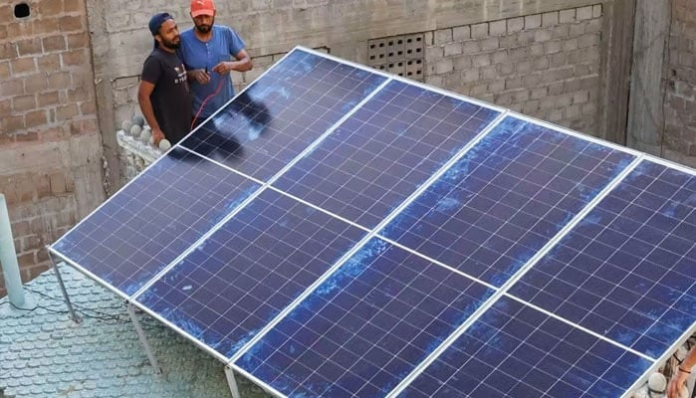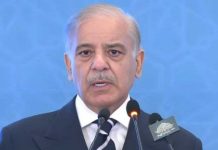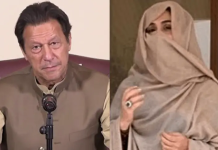DNA
LAHORE: The Power Division said on Thursday that no final decision has been made regarding changes to Pakistan’s net metering policy, stating that the consultation process is still ongoing and various proposals remain under consideration.
The Power Division spokesperson said it was premature to form an opinion regarding reports that buyback rate for net metering consumers may be reduced to Rs10 per unit, adding that the matter still needs to go before the prime minister and no final outcome has been reached.
Sources in the Ministry of Energy said that a principled decision had been taken to revise the net metering policy. A summary on the matter has been prepared and will be presented to the federal cabinet for approval after the budget.
Among the proposals under review is a suggestion to reduce the per-unit cash payment to solar consumers from the existing Rs27 to Rs10, according to sources.
The sources also said that discussions on the new policy are ongoing and a final decision will be made after consultations, keeping consumer interests in mind.
According to sources, solar energy production in the country has reached 5,000 megawatts, with 1,400 megawatts generated within the Lahore Electric Supply Company (Lesco) network.
Solar capacity exploded from 321MW in 2021 to over 4,124MW by December 2024, and the number of net metering consumers leapt from 226,440 in October 2024 to 283,000 by year’s end.
The Economic Coordination Committee (ECC), chaired by Finance Minister Muhammad Aurangzeb, claims this rapid expansion is unfairly burdening grid consumers. According to government figures, net metering users shifted costs of Rs159 billion by December 2024 — a figure projected to balloon to Rs4.240 trillion by 2034 if no action is taken.
Yet this crisis is not solely about solar policy. A long standing grievance is the legacy of high tariffs negotiated with Independent Power Producers (IPPs) during 2013–2018.
These contracts, struck under less competitive conditions, have locked in some of the highest electricity tariffs in Asia.
Critics argue that these exorbitant rates not only burden the national economy but also exacerbate the cross subsidisation that the revised net metering framework now seeks to address. In effect, Pakistani consumers continue to foot the bill for a system built on overpriced generation.
Originally introduced under the 2006 Renewable Energy Policy to combat loadshedding and promote cleaner energy, net metering enabled consumers to generate power for self-use while earning credits for surplus energy fed back into the grid.
This system was once hailed as a win-win solution, reducing reliance on expensive fossil fuels and empowering households to contribute to a sustainable future.

















